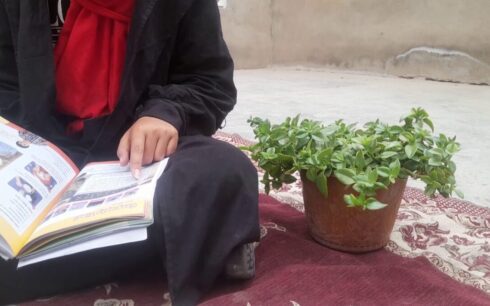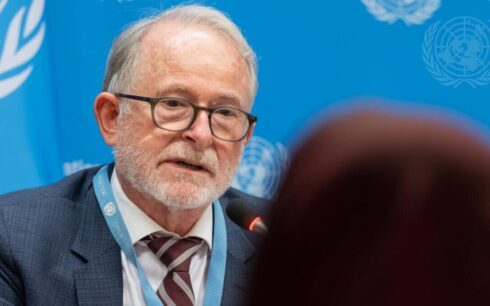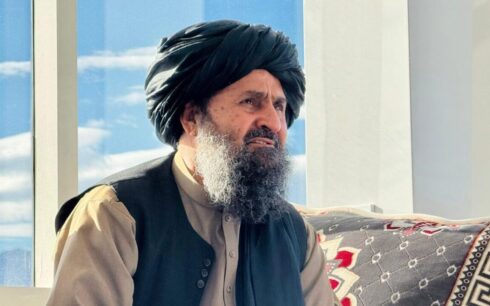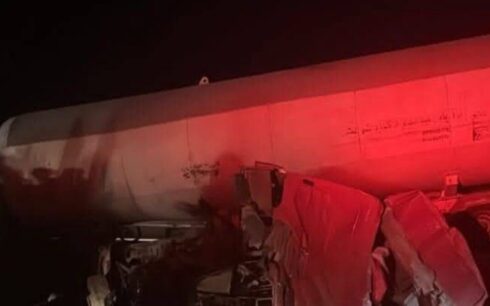MOSCOW — Russian President Vladimir Putin on Thursday defended Russia’s decade-long intervention in Syria, claiming it prevented the creation of terrorist strongholds akin to those seen in Afghanistan.
Speaking during his annual address and question-and-answer session, Mr. Putin emphasized that the mission had achieved its objectives and questioned Western engagement with groups previously labeled as terrorist organizations.
“We entered Syria 10 years ago to stop the creation of terrorist bases like those we saw in other countries, such as Afghanistan,” Mr. Putin said. “Today, many European countries and the United States are seeking relations with these groups. If they were terrorist organizations, why are you collaborating with them now? This means they have changed, doesn’t it? To some extent, that means we achieved our goal.”
Turmoil in Syria
Mr. Putin’s remarks came amid a dramatic shift in Syria’s political and military landscape. Opposition forces launched a wide-scale offensive on November 27 against government strongholds in Aleppo and Idlib. Within two weeks, they had seized control of Aleppo, Hama, Daraa, and Homs.
By December 8, opposition forces entered Damascus as Syrian government troops abandoned the capital. President Bashar al-Assad subsequently resigned and fled to Russia.
In the aftermath, Mohammad al-Bashir, the interim government leader in Idlib since January 2024, announced on December 10 that he had assumed leadership of a transitional government. This transition is expected to continue until March 1, 2025.
Global repercussions
The upheaval has triggered renewed international debate over Syria’s future and the role of Islamist groups now vying for power. U.S. Secretary of State Antony Blinken, reflecting on the Taliban’s post-withdrawal isolation in Afghanistan, urged Syrian factions to avoid similar mistakes.
“The lessons of Taliban isolation should not be ignored,” Mr. Blinken said.
The evolving situation in Syria has significant geopolitical implications, as global powers recalibrate their approaches to the conflict and its potential fallout. Russia’s intervention, once a cornerstone of its Middle Eastern strategy, now faces a new phase as the country’s alliances and goals are tested against rapidly changing realities.





